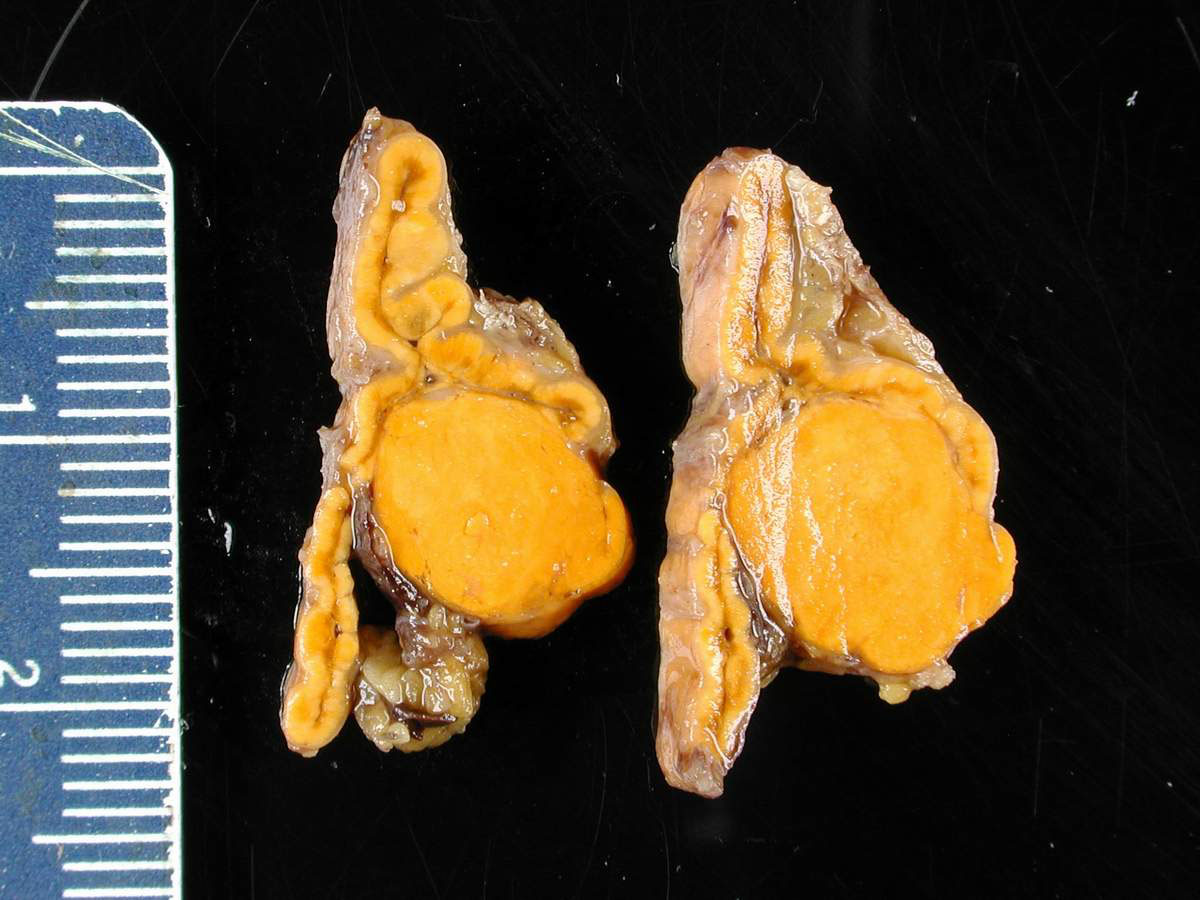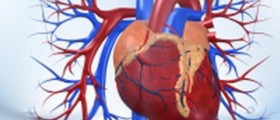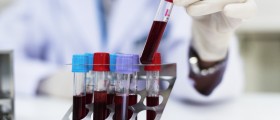
What exactly is hyperaldosteronism?
Aldosterone is a hormone that the adrenal glands produce andsecret, and when it is produced in significantly higher amounts, the person isdiagnosed with hyperaldosteronism or simply aldosteronism. There is adifference between the primary and secondary aldosteronism, but generally,increased level of aldosterone lowers the levels of potassium, which results inweakness, spasm of muscles, tingling and even paralysis, though only temporary.It is not uncommon to experience extreme thirst and frequent urination. The maincharacteristics of primary hyperaldosteronism are hypertension, hypokalemia andalkalosis, because the person who is diagnosed with this condition has lowerlevels of potassium, while sodium is retained in the body, which further leadsto the increased blood volume and blood pressure. Regarding the symptoms, itshould be mentioned that this condition can also be asymptomatic, which means thatthere are no rules and that sometimes no symptoms may appear at all.
What are the causes of hyperaldosteronism?
When it comes to causes of this condition, it is importantto know that they also differ depending on the type of hyperaldosteronism. Primarytype can be caused by adrenal adenoma, although some recent studies have helpedin identifying bilateral idiopathic adrenal hyperplasia as one of the mostcommon causes. More precisely, about 70% of the cases are caused by it, whileadrenal carcinoma is extremely rarely a cause. As for the secondary hyperaldosteronism,the main cause of it is overactive rennin-angiotensin system. In these cases, thelevels of aldosterone are increased due to the tumor that produces rennin. Besidesthis, juxtaglomerular cell tumor, fibromuscular hyperplasia and renal arterystenosis are also identified as the possible causes.
Diagnosis and treatment
In order to diagnose this condition, the doctors will firstcheck the blood levels of aldosterone, and the levels of rennin will also bechecked. However, these are only initial tests, while further might include saltloading, saline loading and adrenal vein sampling. CT scan of the abdomen, or fludrocortisonesuppression test (FST) may also help in setting the diagnosis.
The treatment will depend on the underlying cause, butbesides medications, which are usually inevitable, it will be necessary to change somethings regarding the diet, as well as regarding their lifestyle, since smokingand drinking alcohol or beverages that contain caffeine will have to be avoided.Surgery may also be a solution in some cases, and it is usually done to removethe adrenal gland.

















Your thoughts on this
Loading...